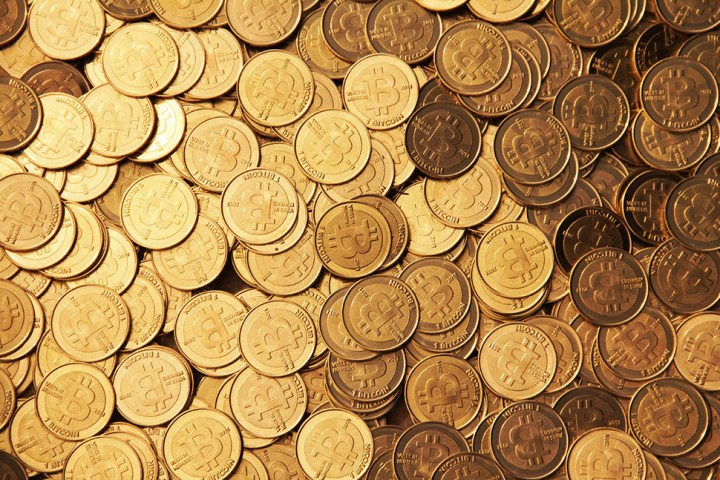
Starting Nov. 11, customers on the Swiss railway will be able to trade their Swiss francs for Bitcoins on ticket machines. While people will be able to buy Bitcoin, train tickets will not be available for purchase using the digital money.
The SBB, Switzerland’s national rail service, told the BBC it had been testing demand for Bitcoin across the country, resulting in a decision to launch the service, which will serve as a two-year pilot project to start. While purchase of Bitcoins will be relatively simple, buyers would have to enter their cell phone number for security and identification purchases, and people will only be able to spend 500 Swiss Francs per transaction.
“One Bitcoin currently equals around 708.64 Swiss Francs, but it is possible to buy fractions of the currency,” the BBC said.
The BBC reported that SweePay, a Swiss financial services company, will make the transactions possible by lending its conversion service to the SBB machines.
The SBB told the BBC that before it begins offering the Bitcoin purchasing service on Nov. 11, there have been few possibilities to obtain Bitcoins in Switzerland.
“With its 1,000-plus ticket machines, SBB operates a dense, around-the-clock distribution network that’s suited for more than just ticket sales,” the SBB said.
Because purchasing Bitcoins through bank accounts and alternative methods results in higher fees for international transactions as well as a delay before funds arrive, the SBB service provides a positive alternative to would-be Bitcoin buyers.
“Bitcoin — the world’s first digital currency — has drawn interest as a way to move money around rapidly, without fees or bank involvement,” the BBC said. “Transfers are handled directly between users on the internet.”


